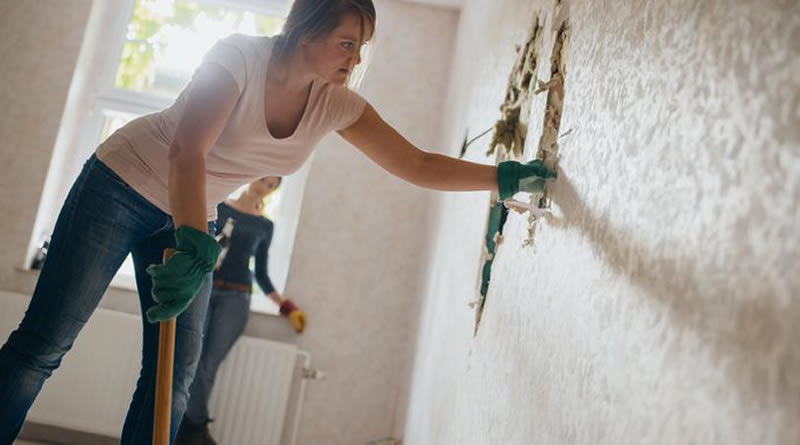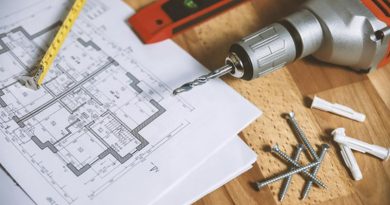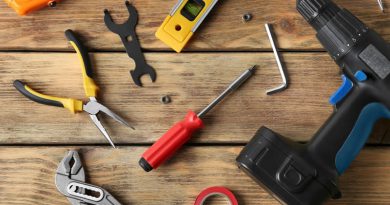Permits Required During the Home Improvement Process
Undertaking home improvement projects can be a fulfilling and transformative experience. However, it’s essential to understand that certain projects may require permits and approvals from local authorities. In this article, we will explore the permits commonly required during the home improvement process, providing you with valuable insights to ensure compliance and a smooth renovation journey.
Understanding Permit Requirements
Before diving into specific permits, it’s important to understand the purpose behind them. Permits are typically required to ensure that home improvement projects meet safety, zoning, and building code standards. They help safeguard the structural integrity of the property and protect the well-being of its occupants. Failure to obtain necessary permits can result in legal and financial consequences, as well as potential difficulties during property transactions.
1. Building Permits
Building permits are among the most common permits required for home improvement projects. They are typically needed for significant modifications, additions, or structural changes to a property. Examples of projects that usually require building permits include major renovations, room additions, electrical system upgrades, plumbing alterations, and changes to the property’s footprint. It’s crucial to consult with local building authorities to determine the specific requirements for your project.
2. Electrical Permits
If your home improvement project involves electrical work, an electrical permit is likely required. This includes activities such as installing new wiring, adding outlets or light fixtures, upgrading the electrical panel, or undertaking any modifications that affect the electrical system. Electrical permits help ensure that the work is performed safely and in compliance with electrical codes.
3. Plumbing Permits
For projects involving plumbing alterations or installations, a plumbing permit is typically necessary. This includes tasks such as adding new plumbing fixtures, rerouting pipes, or making changes to the water supply or drainage systems. Plumbing permits ensure that the work meets plumbing codes and standards, preventing potential issues like leaks or improper installations.
4. Zoning and Land Use Permits
Depending on the nature of your project, you may need zoning and land use permits. These permits are required to ensure that the proposed improvements comply with local zoning regulations, setback requirements, and neighborhood restrictions. Zoning and land use permits are commonly needed for projects such as building fences, decks, or sheds, as well as for changes in property use or occupancy.
In conclusion, it’s crucial to familiarize yourself with the permit requirements applicable to your home improvement project. Building permits, electrical permits, plumbing permits, and zoning and land use permits are among the most commonly required permits. By obtaining the necessary approvals, you ensure that your project complies with regulations, promotes safety, and protects the value of your property. Remember to consult with local authorities or hire professionals when in doubt to navigate the permitting process smoothly.
Please note that this article provides informative insights and does not offer specific legal advice. Permit requirements may vary depending on your location and the specifics of your project. Always consult with local building authorities, zoning departments, or professionals for accurate and up-to-date information.




